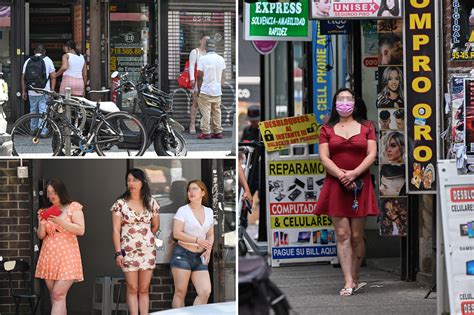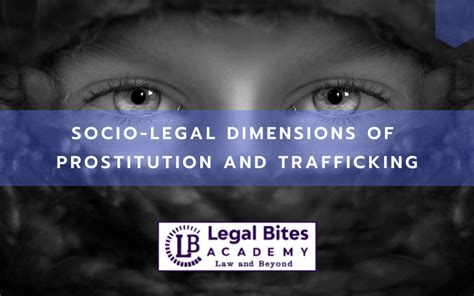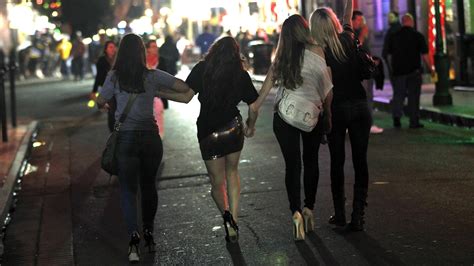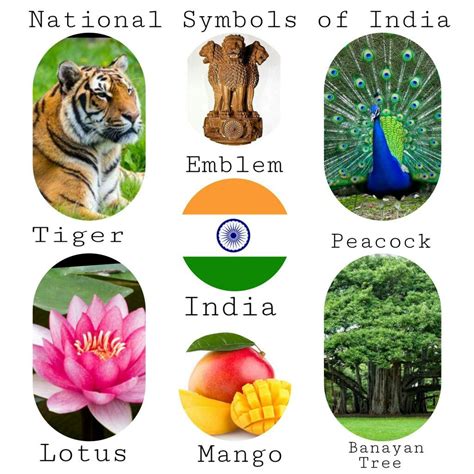Prostitutes Central Point: A Complex Issue

Prostitution and Its Socio-Legal Implications

Prostitution is a complex topic that involves sexual activity in exchange for payment. It’s important to approach this subject thoughtfully, as it raises questions about legality, ethics, and societal attitudes. For example, some governments have tried to regulate or decriminalize prostitution to improve safety and reduce exploitation, while others continue to criminalize it.
Case Study: New Zealand’s Approach
In places like New Zealand, prostitution was decriminalized in 2003 to protect sex workers’ rights and improve their working conditions. This approach has been studied as a potential model for other countries. However, illegal prostitution remains a challenge in many regions, often linked to human trafficking and unsafe conditions.
Street Prostitution and Its Challenges

Street prostitution, in particular, is a visible issue in many cities. It often raises concerns about public safety, exploitation, and the need for social support for those involved. Some documentaries, like Hookers at the Point, explore the lives of sex workers in specific neighborhoods, offering a closer look at the challenges they face.
HIV Infections in Central Asia
In Central Asia, HIV infections have been rising, partly due to limited awareness and resources for marginalized groups, including sex workers. Public health efforts often focus on education and access to healthcare to address these issues.
National Symbols and Cultural Pride

On a different note, Trinidad and Tobago has two national birds: the scarlet ibis and the cocrico. These birds are symbols of national pride and are often celebrated in local culture.
*TAGS*: – Central Asia HIV, Sex Work Legislation, Street Prostitution, National Birds of Trinidad and Tobago, Sex Workers’ Rights, Public Health Efforts